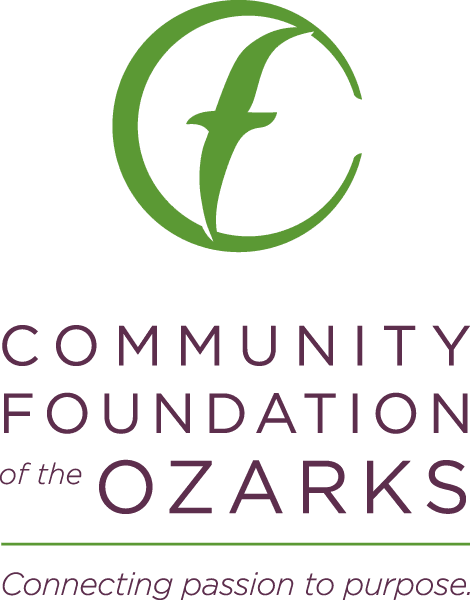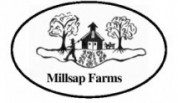Completed Projects
USDA Conservation Innovation Grant
Project Completed October 2013
The Conservation Innovation Grant concluded on October 31, 2013. The $100,000 project (50% match) accomplished a variety of projects to safeguard our local water resources. The Watershed Committee of the Ozarks administered the grant, and also produced a rainwater harvesting manual for Southwest Missouri, and a dynamic web-based resource called “How to Farm in the City” as part of the project. Urban Roots Farm and Millsap Farm were the two producers involved in the Conservation Innovation Grant.
Installation of high tunnels (match)
Constructing a 600 sq. ft. packaging and washing house for washing and storing produce prior to distribution. The project utilized innovative building design, rain water harvesting, highly efficient insulation, passive heating/cooling, and re-claimed construction materials and equipment.
Installing a rain garden to catch parking lot runoff and water from the pack/wash shed (a.k.a., draingarden).
- Testing bio-strip Intercropping
- Constructing a Chinese high tunnel (a innovative, bermed in greenhouse that is proving to be warmer with less energy/cost inputs that conventional designs)
- Planting an organically-controlled disease resistant orchard
Implementing water and energy demonstration practices - Starting a vermicomposting unit
- Installing raised bed gardens/impervious parking removal
Additionally, this project provided a good connection to the burgeoning local food movement. As local agricultural production grows to meet the goal of 20% local by 2020, demonstrations of water wise micro-farming practices are important.
Education opportunities for the public will come in the form of workshops, field days and two publications:
1) How to Farm in the City
2) Rain Water Harvesting Manual for Southwest Missouri. PDF HERE
Resources
Asher Creek Project
Project Completed October 2013
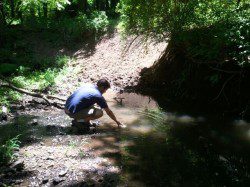 The Watershed Committee of the Ozarks (WCO) partnered with the Greene County Soil and Water Conservation District (GCSWD) to conduct the water quality sampling component for the Asher Creek 319 Project. WCO and the GCSWD have the common objective of encouraging the responsible use of our natural resources and the protection of critical drinking water supplies in the Little Sac River Watershed. WCO collected the water quality grab-samples, flow measurements, downloaded stage logger data, and delivered the samples to Ozarks Environmental Water Resources Institute for analysis.
The Watershed Committee of the Ozarks (WCO) partnered with the Greene County Soil and Water Conservation District (GCSWD) to conduct the water quality sampling component for the Asher Creek 319 Project. WCO and the GCSWD have the common objective of encouraging the responsible use of our natural resources and the protection of critical drinking water supplies in the Little Sac River Watershed. WCO collected the water quality grab-samples, flow measurements, downloaded stage logger data, and delivered the samples to Ozarks Environmental Water Resources Institute for analysis.
The Asher Creek watershed is a sub-basin of the Little Sac Watershed in Greene and Polk Counties. The Little Sac River Watershed includes Fellows Lake, McDaniel Lake, and Stockton Lake and makes up the majority of the City of Springfield’s public drinking water supply. The primary goal of the Asher Creek water quality weekly monitoring effort was to identify the bacteria levels and quantify the nutrient loads within the watershed.
The 18 month water quality monitoring was conducted from May 1st, 2012 to October 31st, 2013 with a total of 343 samples being collectedThe Watershed Committee of the Ozarks (WCO) partnered with the Greene County Soil and Water Conservation District (GCSWD) to conduct the water quality sampling component for the Asher Creek 319 Project. WCO and the GCSWD have the common objective of encouraging the responsible use of our natural resources and the protection of critical drinking water supplies in the Little Sac River Watershed.
WCO collected the water quality grab-samples, flow measurements, downloaded stage logger data, and delivered the samples to Ozarks Environmental Water Resources Institute for analysis.
The Asher Creek watershed is a sub-basin of the Little Sac Watershed in Greene and Polk Counties. The Little Sac River Watershed includes Fellows Lake, McDaniel Lake, and Stockton Lake and makes up the majority of the City of Springfield’s public drinking water supply.
The primary goal of the Asher Creek water quality weekly monitoring effort was to identify the bacteria levels and quantify the nutrient loads within the watershed. The 18 month water quality monitoring was conducted from May 1st, 2012 to October 31st, 2013 with a total of 343 samples being collected. The results yielded E.Coli bacteria levels exceeding the State of Missouri water quality standard for whole-body contact at all sites. Seasonal trends in concentrations show that sources of bacteria are varied throughout the year at different locations in the watershed and should be investigated further.
Community Response Challenge Grant Program
Community Response Challenge Grant Program
The Watershed Committee of the Ozarks was awarded $6,000 in matching funds as a recipient of the Community Response Challenge Grant Program from the Community Foundation of the Ozarks. The Watershed Committee will use the funds to promote high-efficiency toilets to reduce residential water use through our partnership with City Utilities of Springfield Water Wise program.
Resources


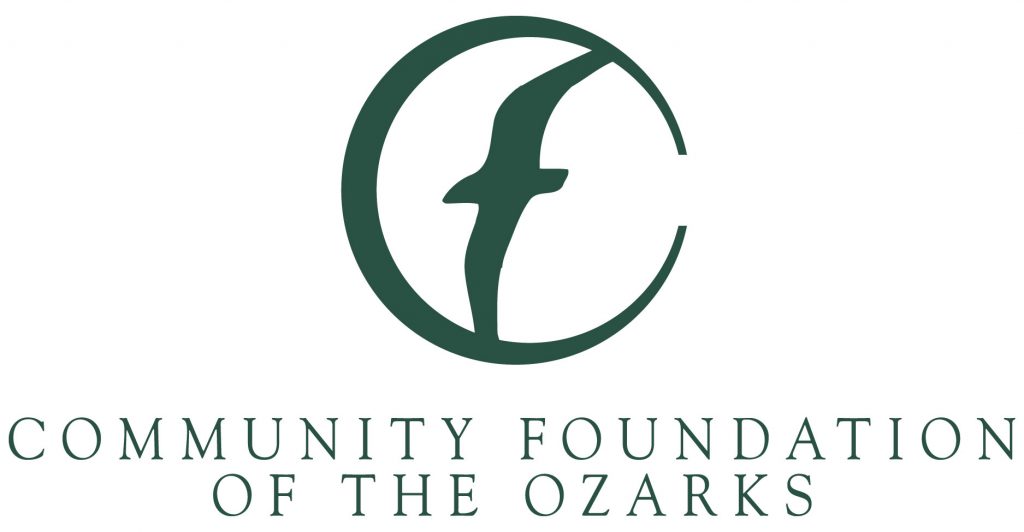
DNR Recreational Trails Grant
Project Completed July 2012
In March of 2011, the Watershed Committee received a Recreational Trails Grant from the Missouri Department of Natural Resources. The purpose of this grant is to construct 1,550 ft. of hard surface trail connecting the existing Lakeside Learning Station to the newly constructed C.W. Titus Education Facility. The grant will also provide money to aide in construction of a trailhead and parking lot of the building. Total project costs are estimated at $143,090, with $85,000 of the amount coming from the federal grant and the remaining coming from local matching funds. When completed, the trail section will increase the hard surface trails on the site to just over 3,000 ft.
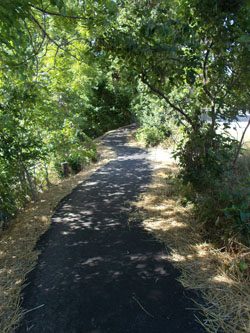
Southwest Missouri Water Quality Improvement Project (WQIP)
Springfield-Branson Onsite Remediation Project
The Watershed Committee of the Ozarks was awarded funds through the Southwest Missouri Water Quality Improvement Project (WQIP**). The goal of this project is to improve and protect water quality while enhancing economic development for municipalities, agriculture, and tourism. This is a multi-faceted project involving several organizations, each focusing on a different water quality issue. Under this umbrella, the Watershed Committee of the Ozarks (WCO) is currently working with the Table Rock Water Quality Incorporated (TRLWQ) to demonstrate the remediation of onsite wastewater treatment systems that have failed and pose a threat to contaminating ground water. Many conventional septic systems installed in the past have been shown through scientific studies to be inadequate for many locations throughout Southwest Missouri and can negatively impact the quality of groundwater, and ultimately drinking water.
The completed projects include the remediation of sixteen onsite wastewater systems that were failing to groundwater, seven educational onsite wastewater trainings, installation of public, low-flow outdoor restrooms and partial funding for the parking bays, loop drive, permeable walkway pavers and fire truck access for the C.W. Titus Education Facility at the Watershed Center.
C.W. Titus Educational Facility
Project Completed July 2011
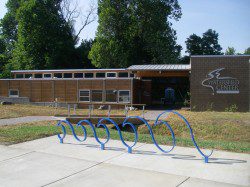 The C.W. Titus Education Facility–the crowning project of the Watershed Center–was completed in the Fall of 2011. The Facility is a low impact, environmentally conscious building that models “green” engineering and architectural technologies. Building materials and methods used both conserve and efficiently use natural resources, and promote a a healthy, productive environment for employees, students, and visitors alike. The facility is used for educational programs, and can be rented for private events. It comes equipped with tables and chairs for 75, a kitchenette, projector, WiFi, and more. The C. W. Titus Education Facility hours are seasonal and can be adjusted by appointment.
The C.W. Titus Education Facility–the crowning project of the Watershed Center–was completed in the Fall of 2011. The Facility is a low impact, environmentally conscious building that models “green” engineering and architectural technologies. Building materials and methods used both conserve and efficiently use natural resources, and promote a a healthy, productive environment for employees, students, and visitors alike. The facility is used for educational programs, and can be rented for private events. It comes equipped with tables and chairs for 75, a kitchenette, projector, WiFi, and more. The C. W. Titus Education Facility hours are seasonal and can be adjusted by appointment.

